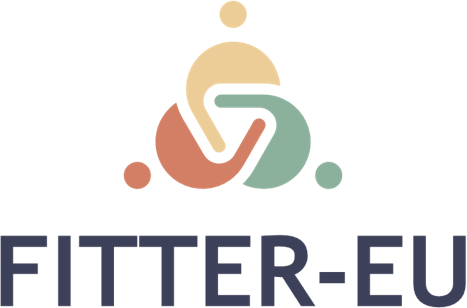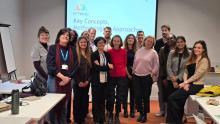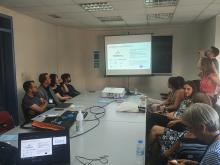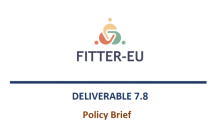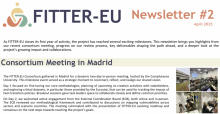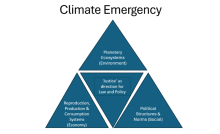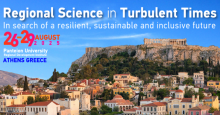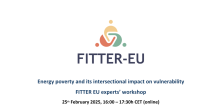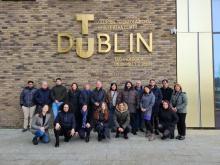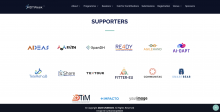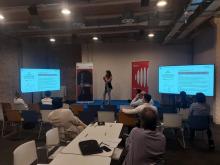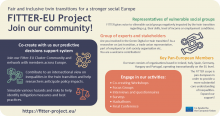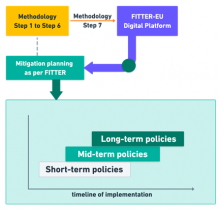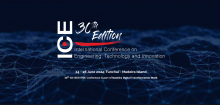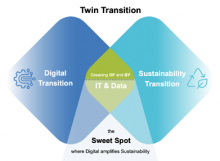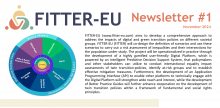Towards an equitable future: ensuring social justice in the face of the twin transition hazards and impacts
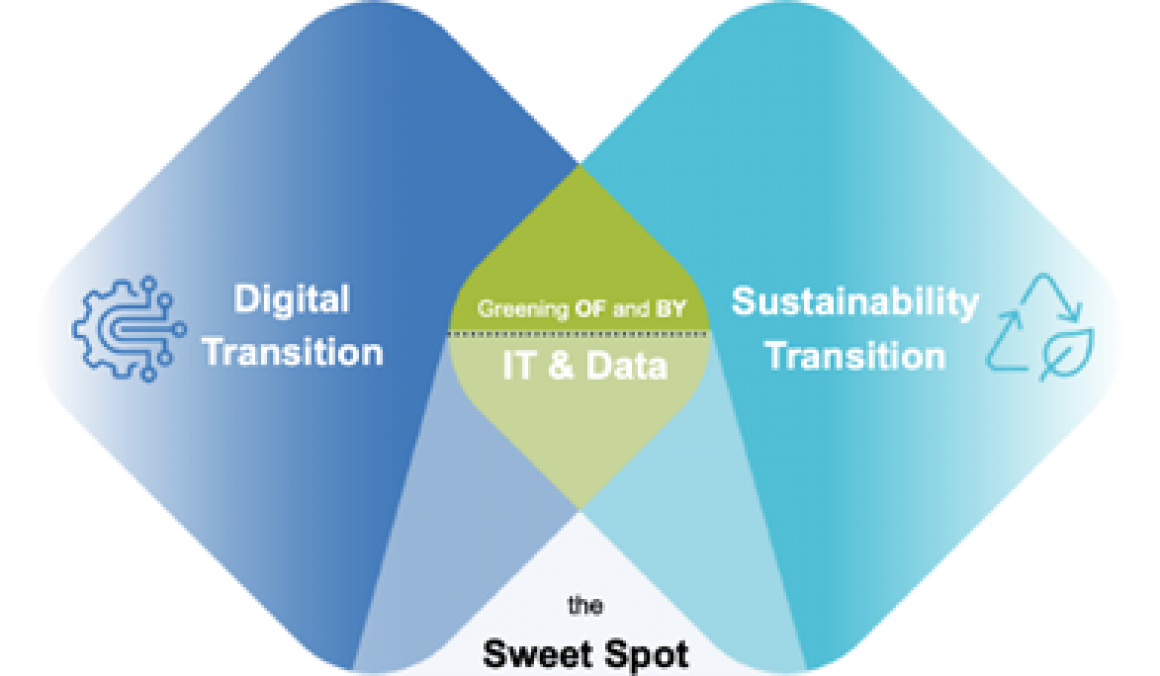
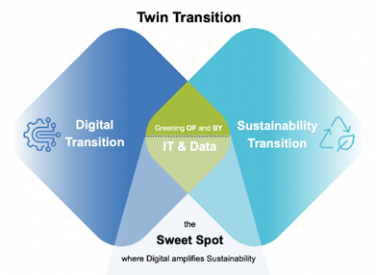
In the face of the twin transition - the simultaneous green and digital transitions - it is crucial to understand how these sweeping changes may cause relevant societal impacts. According to the JRC[1], “green and digital transitions are about profound changes in our way of life”. A core premise of the FITTER project is that the transformations required by the twin transition will not affect different segments of the population in the same way. Instead, the twin transition can result in further inequalities in our societies. This blogpost, delves into the implications of the twin transition for disadvantaged groups (DGs), highlighting the importance of proactive strategies, such as the use of future scenarios methodology, to ensure a just transition and deepening the pursue of social justice.
[1] https://publications.jrc.ec.europa.eu/repository/handle/JRC129319
Main Part
In FITTER, we aim to delve into the dynamics and determinants of Disadvantage Groups. For these purposes, we will assess the vulnerability of disadvantage groups in 3 different key and interconnected dimensions: labour market, financial resources, and skills.
The main idea behind this is that the twin transition will generate, or further reinforce, inequalities in society. The twin transition’s negative impacts and hazards will vary for individuals depending on their current employment status and sector. For example, those working in sectors expected to be substituted by another one, such as certain energy industries, will face different challenges compared to individuals currently struggling to align their skills with the labour market demand. Generally, those with unstable employment, outdated skills, or limited financial capacity may find it particularly challenging to navigate the changes and new trends induced by the twin transition.
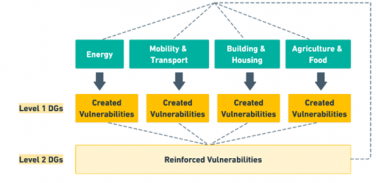
To be more specific, if workers in the mining sector are to lose their jobs due to the twin transition, policymakers should count on foresight tools to help them to take proactive steps and anticipate these impacts. For instance, they could provide financial support to mining workshops joining reskilling programs. Moreover, the anticipatory decision-making ensures that affected individuals avoid the risk of social exclusion.
Future scenario methodology
In the FITTER project, we will be using the future scenario methodology, understood as a strategic planning technique used to make flexible long-term plans. Despite recognising the uncertainty of how the world will be in 30 years, thanks to an in-depth literature review, an online focus group with experts, and a Delphi survey designed to forecast practices in four main sectors of analysis, 3 future scenarios will be defined. The main purpose is to be able to anticipate potential hazards and negative impacts of the twin transition on different disadvantage groups, considering the vulnerability dimensions and the 4 sectors of analysis (energy, transport, building & housing and food & agriculture), and we can propose effective mitigation strategies.
Anticipating the potential hazards and negative impacts of the twin transition on disadvantaged groups is a challenge. However, the future scenario methodology provides a robust tool for this purpose. Functioning as an inclusive co-creation framework, methodology will be built upon participatory and comprehensive data collection techniques, crucial for our endeavour. Through this approach, the FITTER-EU project aims to contribute to a fair and inclusive twin transition, where nobody is left behind.
